Reading comprehension Normal Alphabet Worksheets for Ages 3-6
42 filtered results
-
From - To
Discover our Reading Comprehension Normal Alphabet Worksheets designed specifically for children ages 3-6. These engaging worksheets help young learners strengthen their alphabet knowledge while developing crucial reading skills. Each activity focuses on letter recognition, phonetic sounds, and early comprehension techniques in a fun and interactive way. With a variety of exercises, these printables make learning enjoyable and effective. Perfect for at-home practice or classroom use, our worksheets aim to build a strong foundation in reading comprehension for your child. Foster a love for reading early on with our expertly crafted educational resources. Explore today!


Rhyming Words: Assessment Worksheet
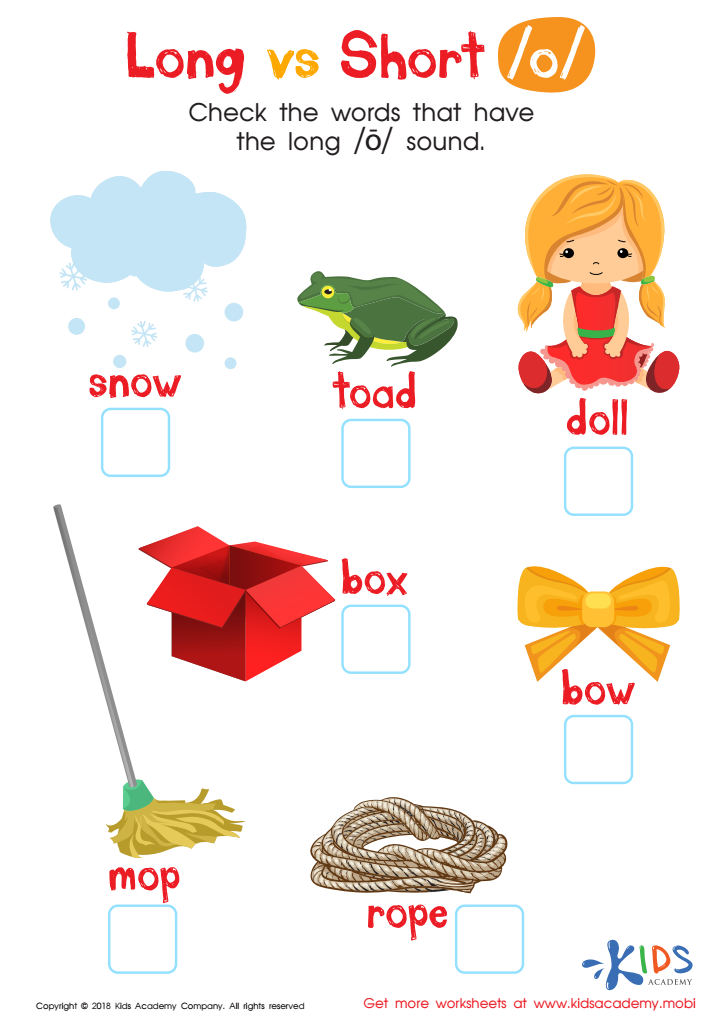

Long vs Short O Reading Worksheet


Let's Check Long Vowels: Assessment Worksheet
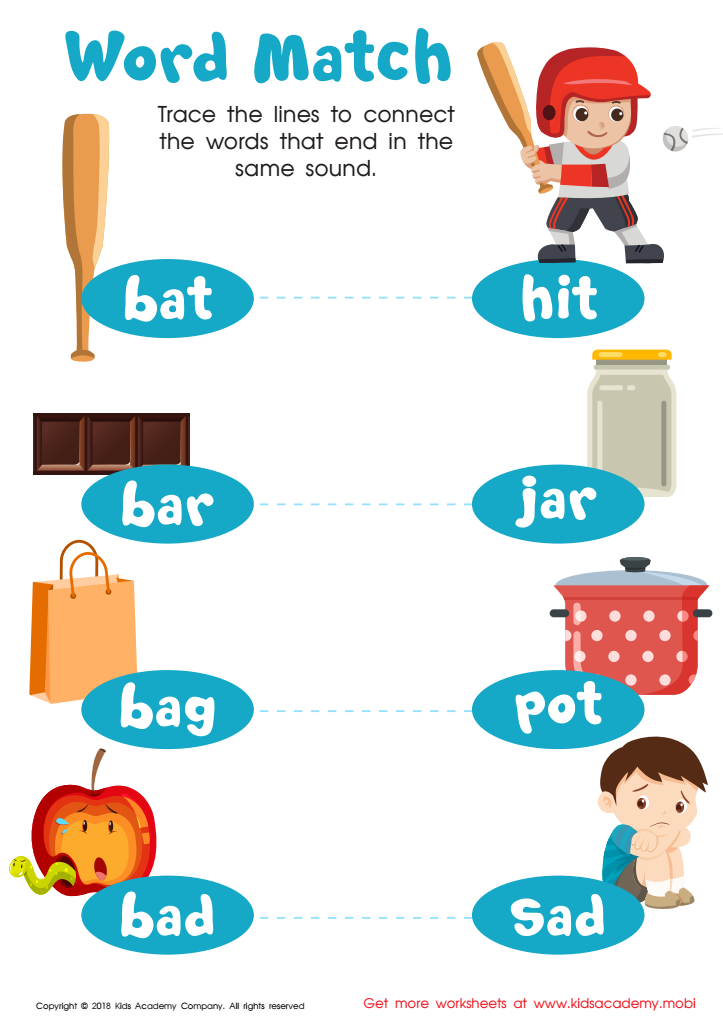

Word Match Reading Worksheet
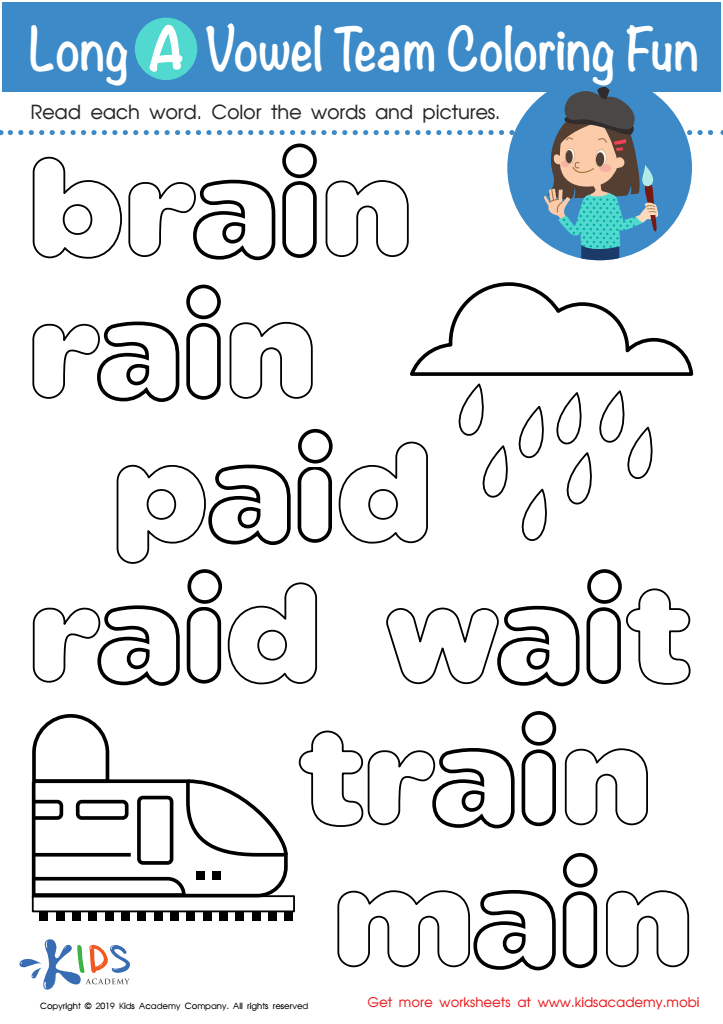

Long A Vowel Team Coloring Fun Worksheet
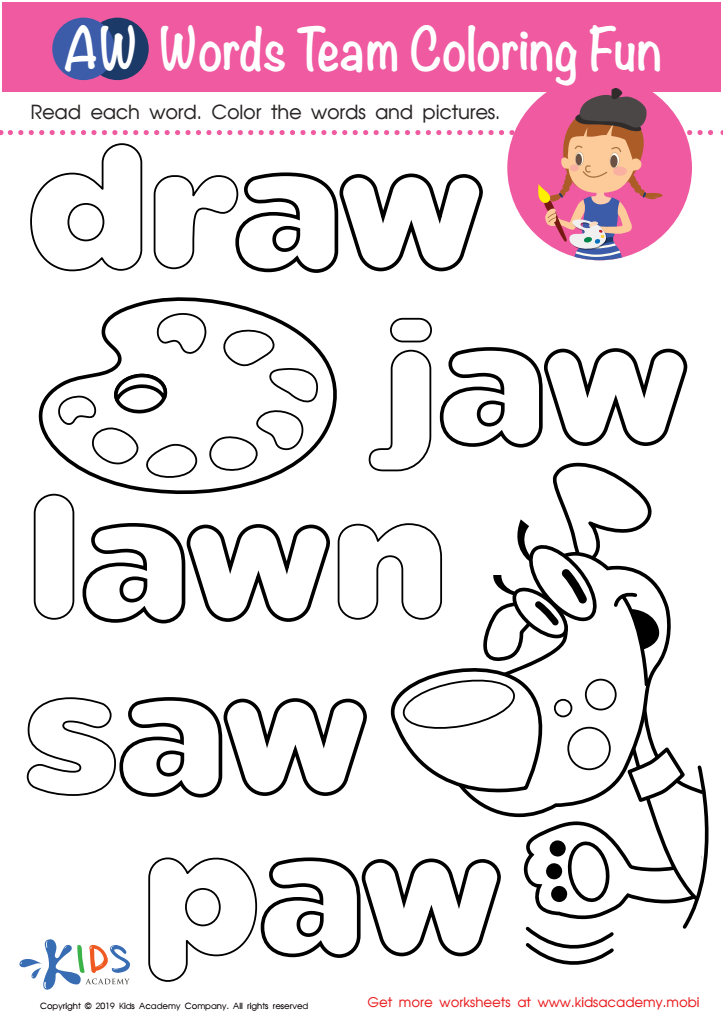

AW Words Team Coloring Fun Worksheet
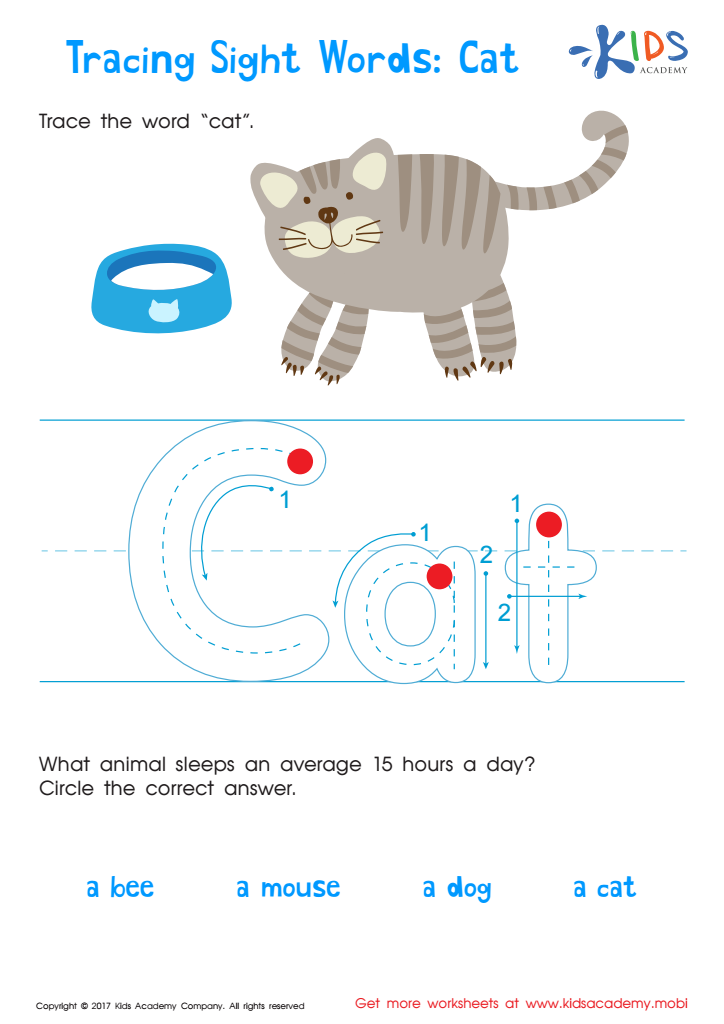

Cat Printable Sight Words Worksheet
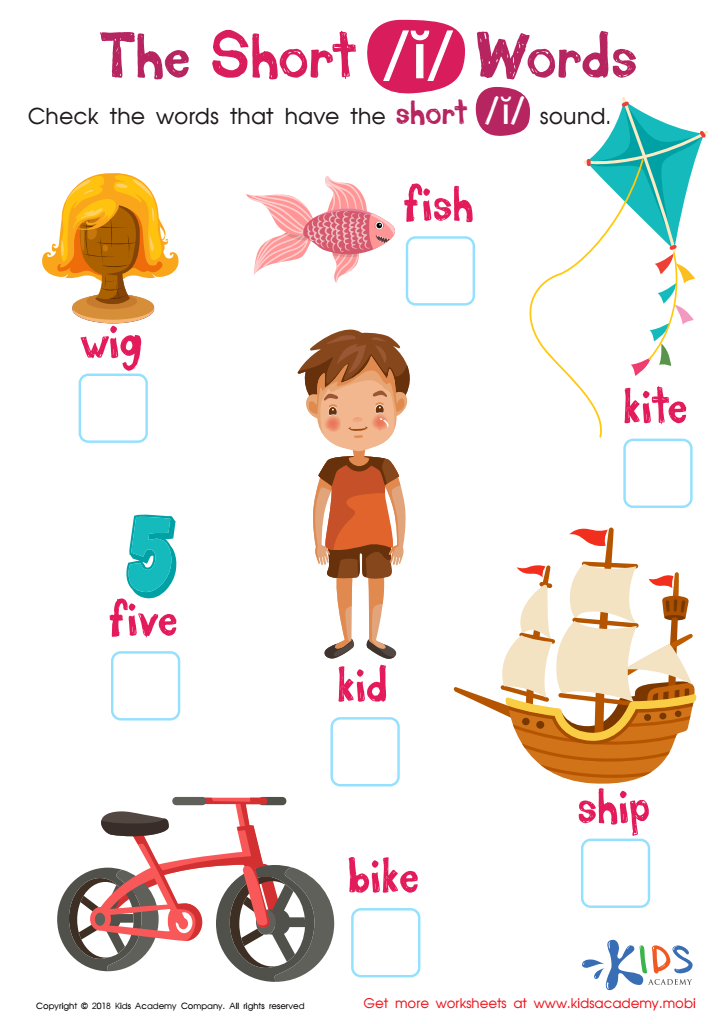

The Short I Words Reading Worksheet
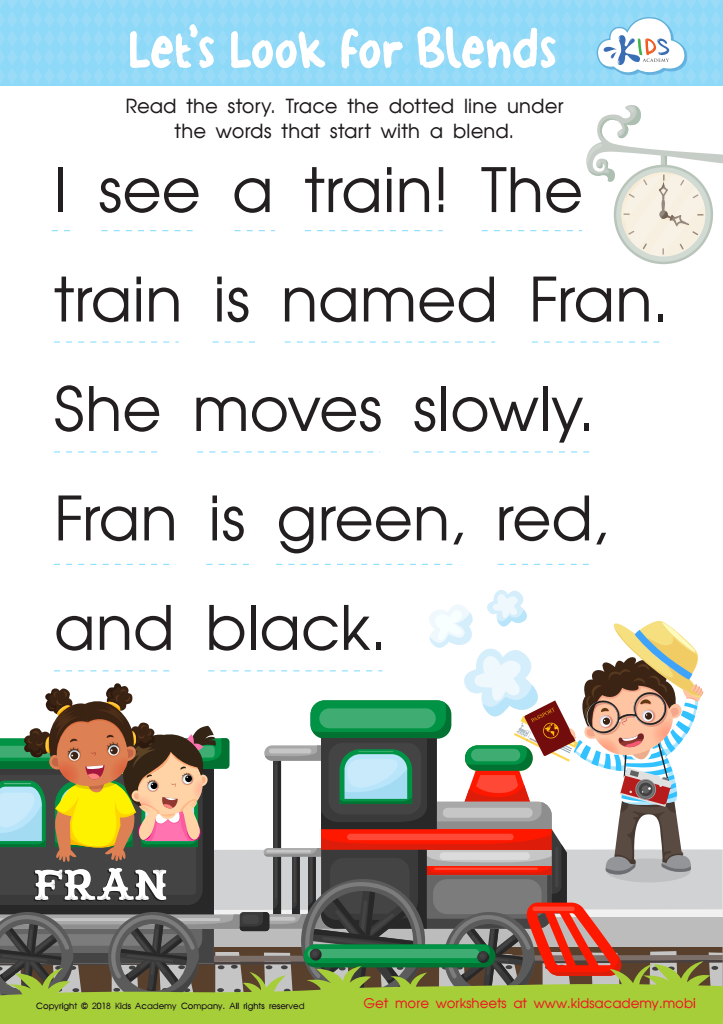

Let's Look for Blends Worksheet
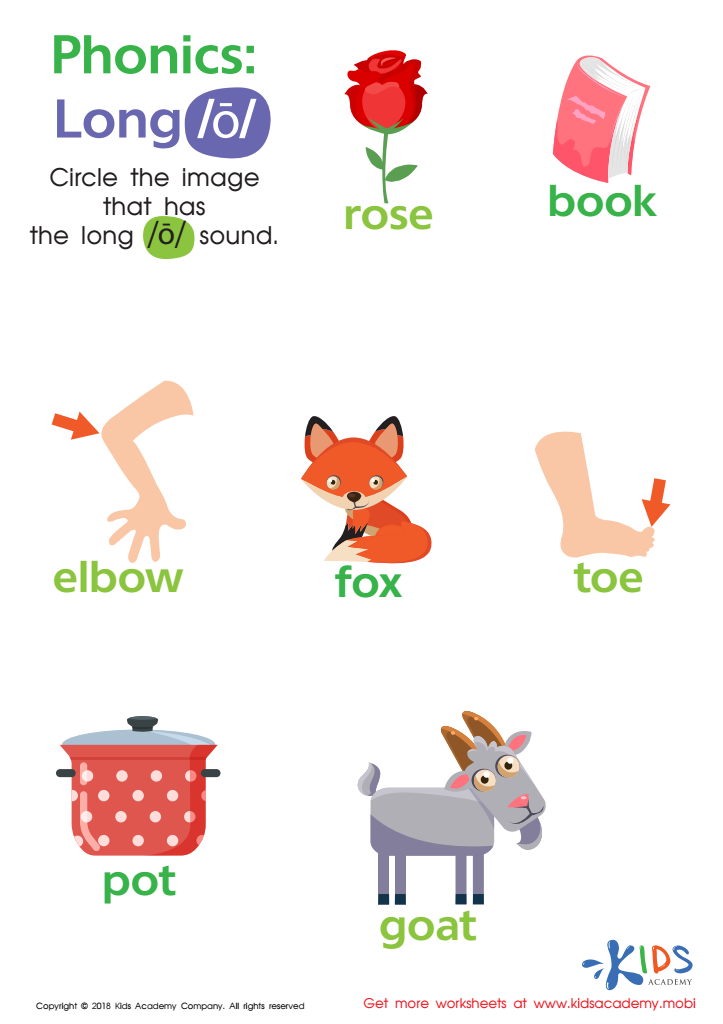

Phonics Long O Reading Worksheet
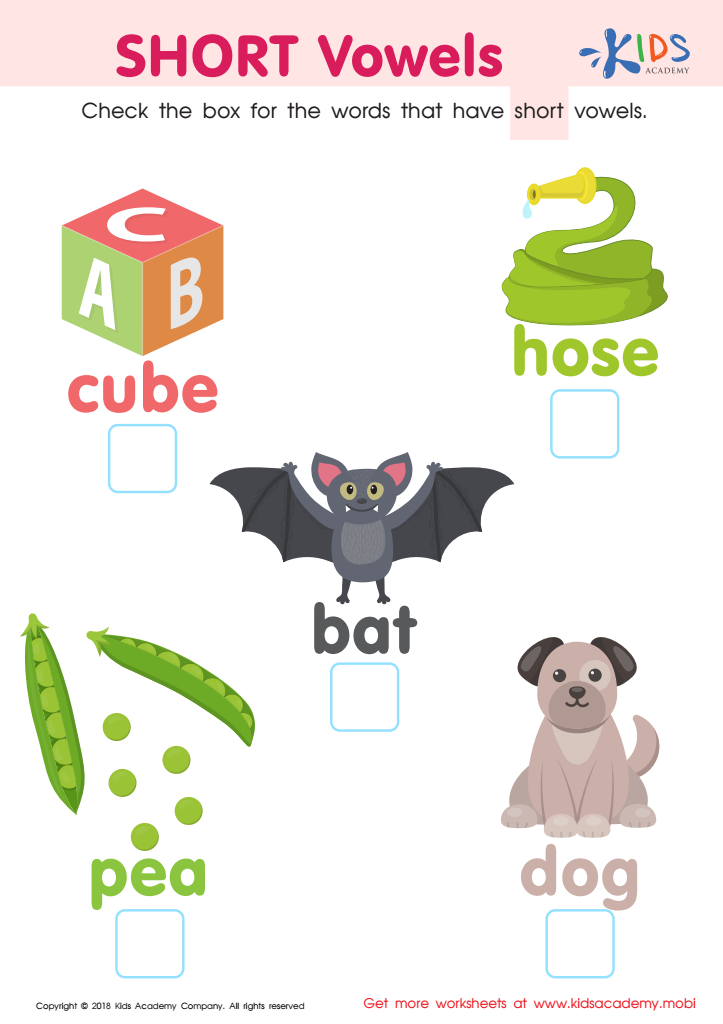

short vowels Worksheet
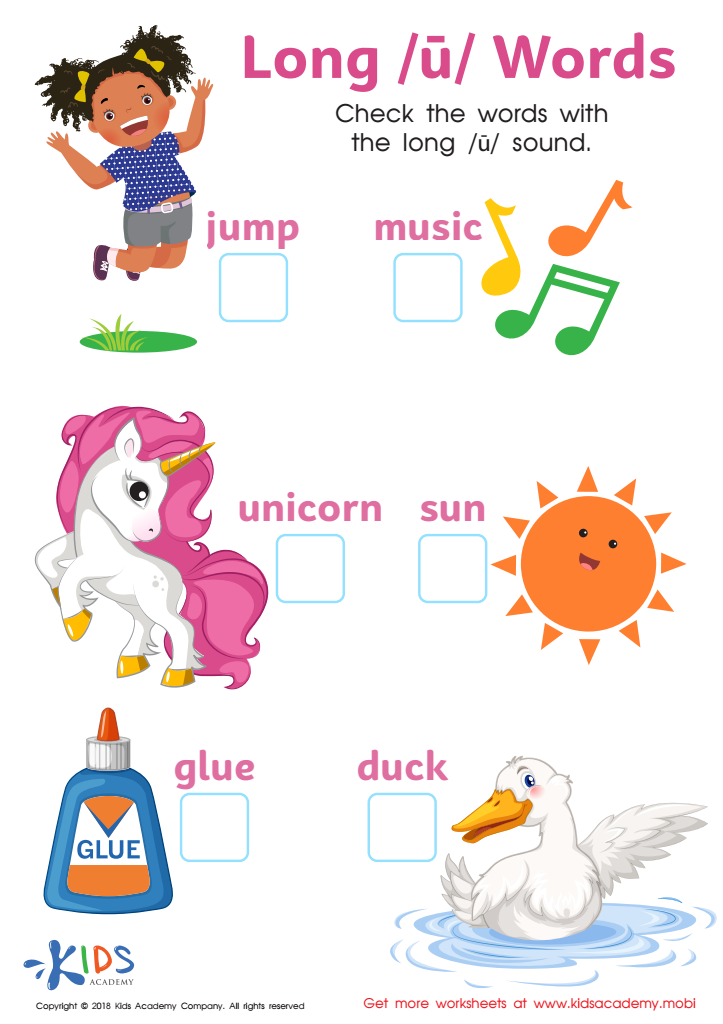

Long U Words Reading Worksheet


Vowel and Consonant Sounds: Assessment Worksheet
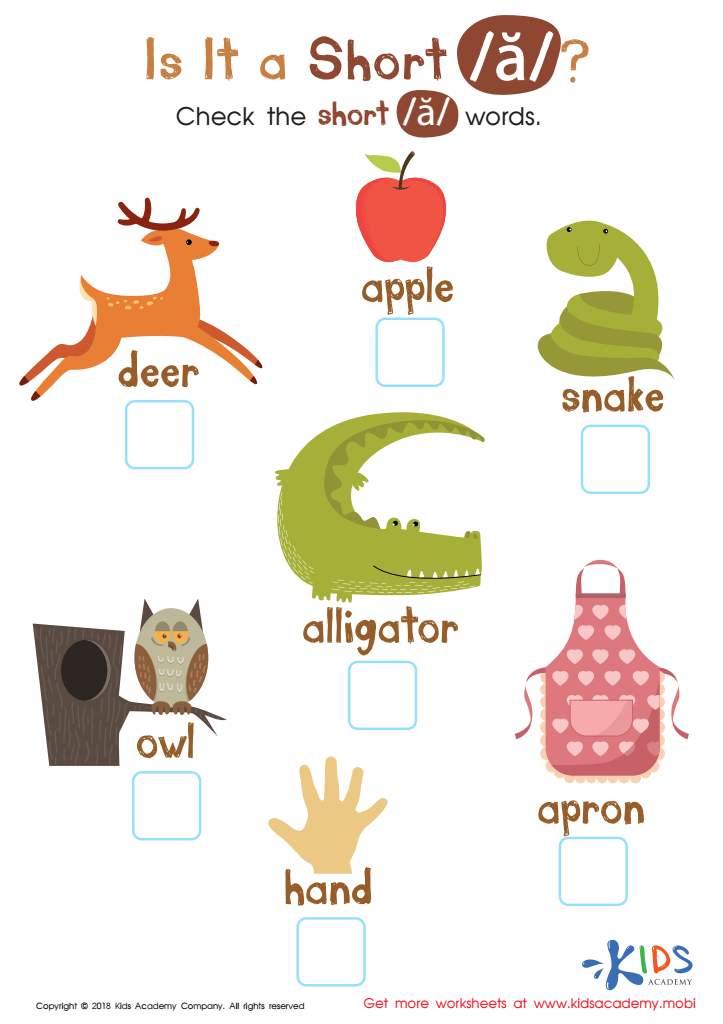

Is It Short A? Reading Worksheet


Short Vowels /e/, /i/, and /u/ Worksheet
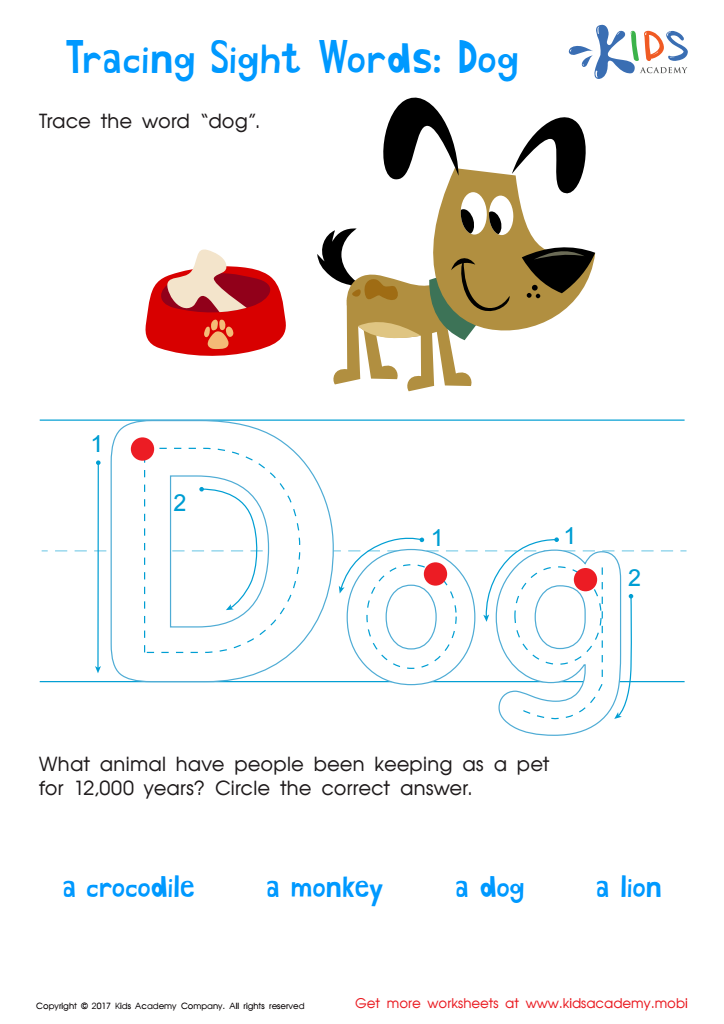

Dog Worksheet Sight Words Worksheet
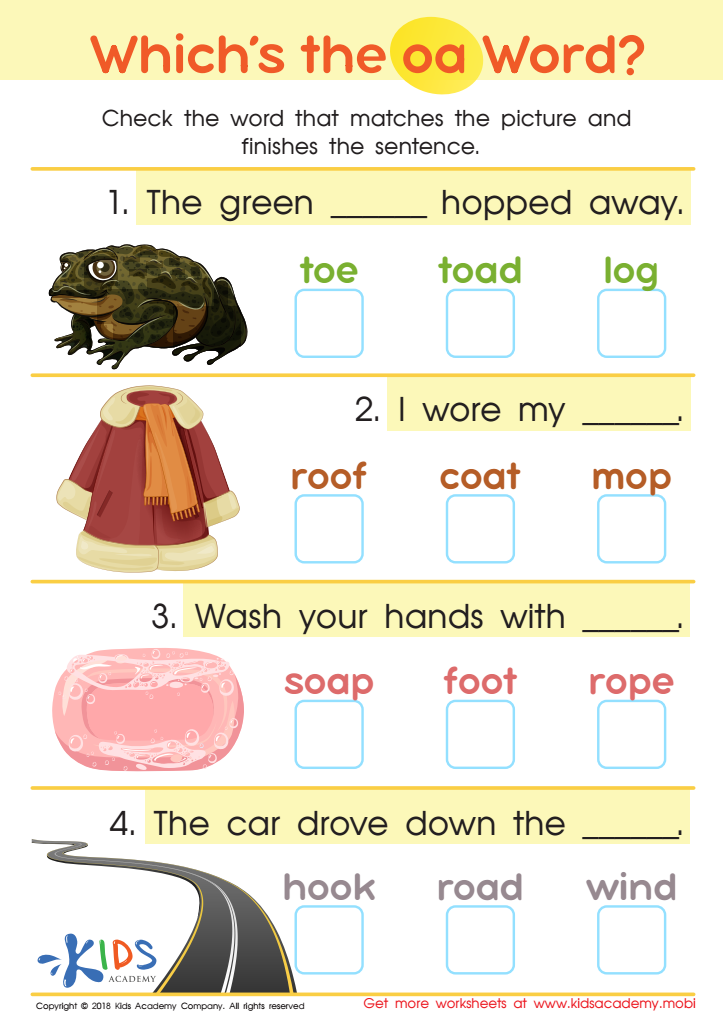

Which's the OA Word? Worksheet
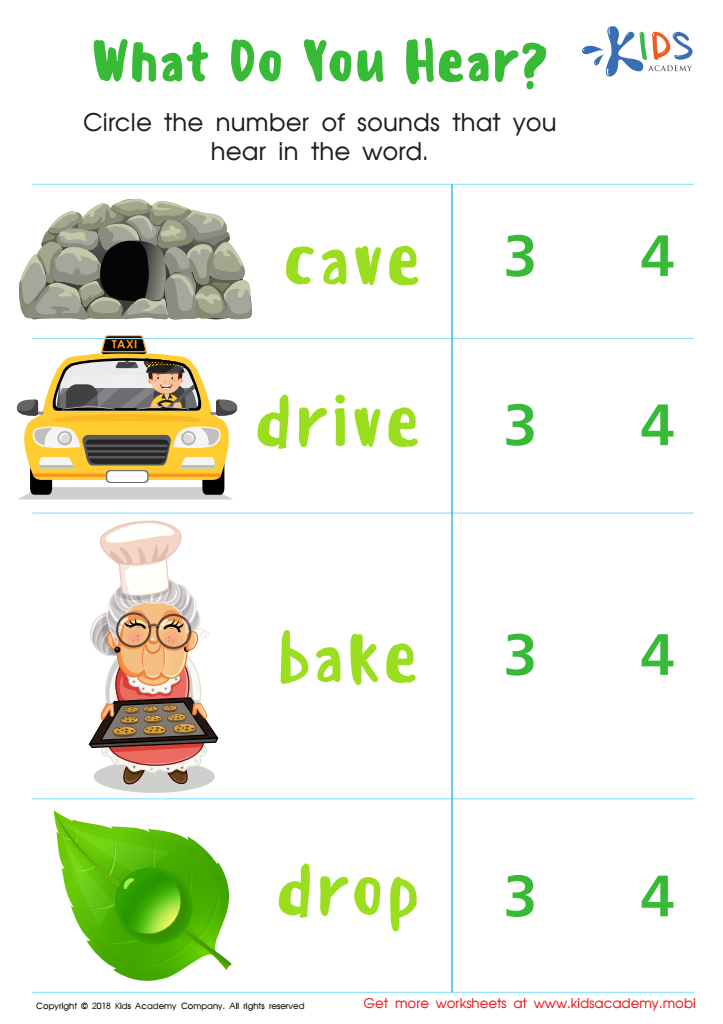

What Do You Hear? Worksheet


Rhyming Words Rhyming Worksheet
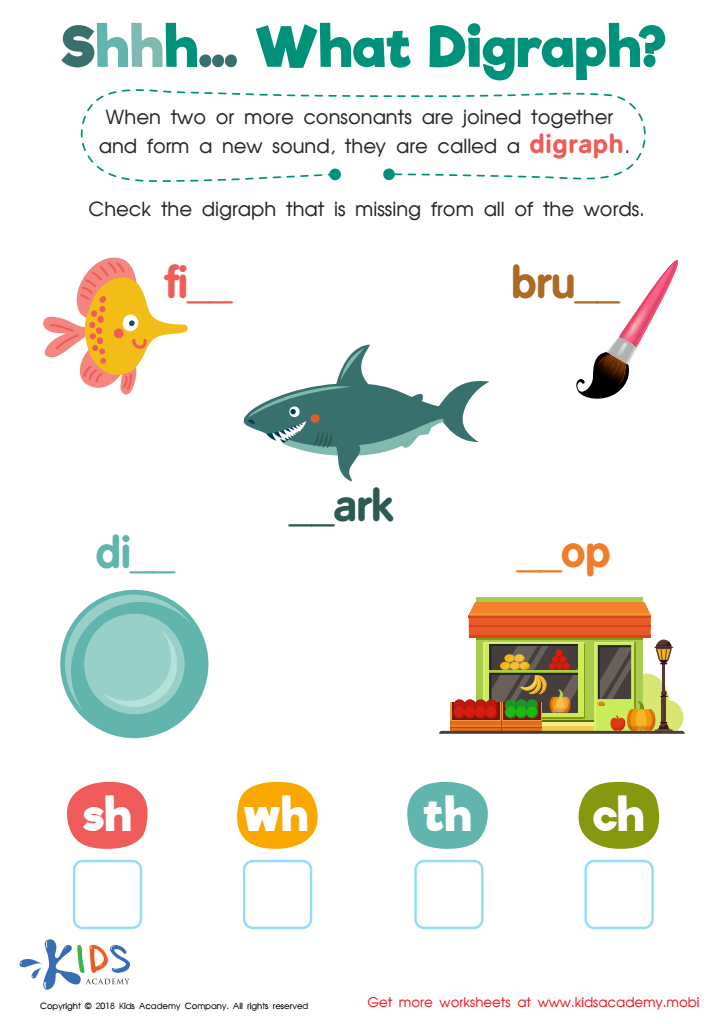

Shhh... What Digraph? Worksheet
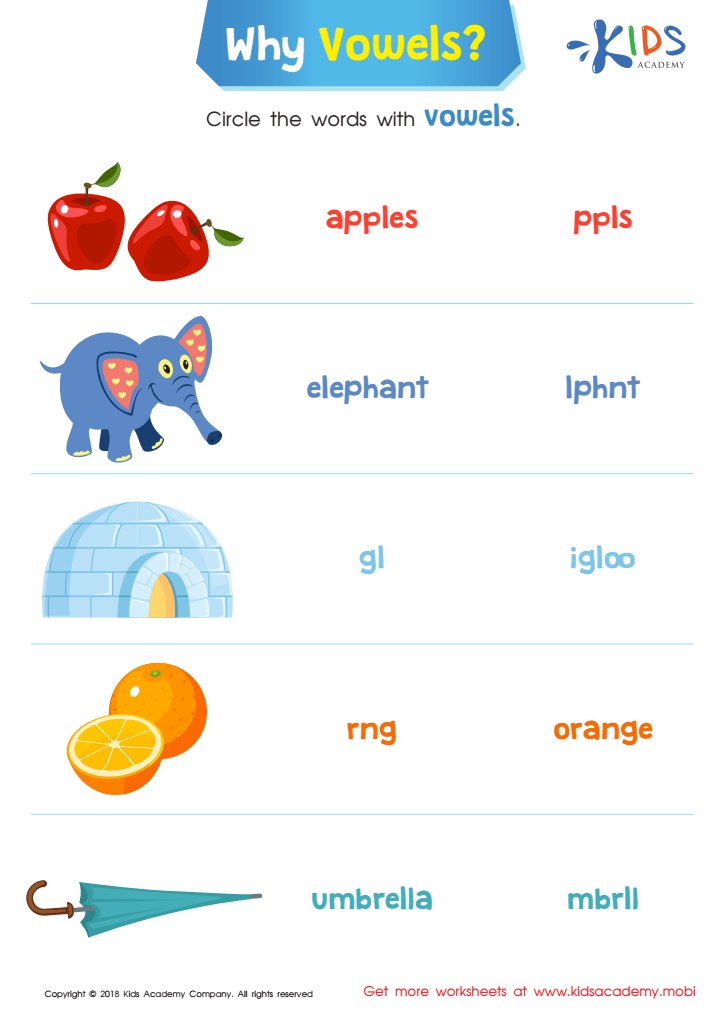

Why Vowels? Reading Worksheet
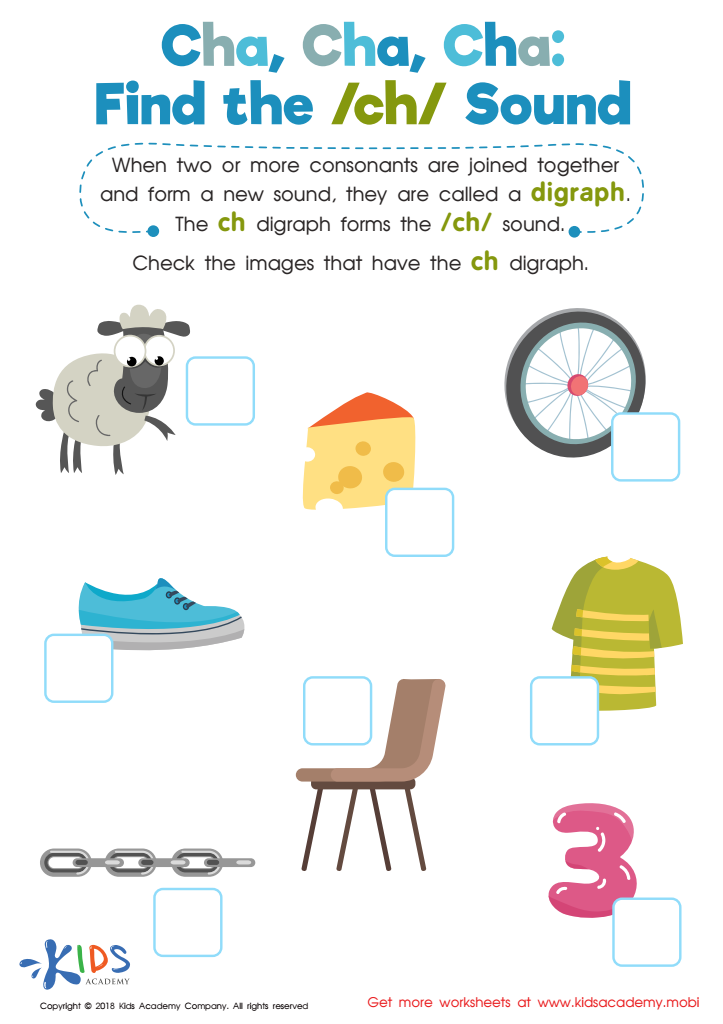

Cha, Cha, Cha: Find the /Ch/ Sound Worksheet


Long Vowel Maze /o/ and /i/ Worksheet
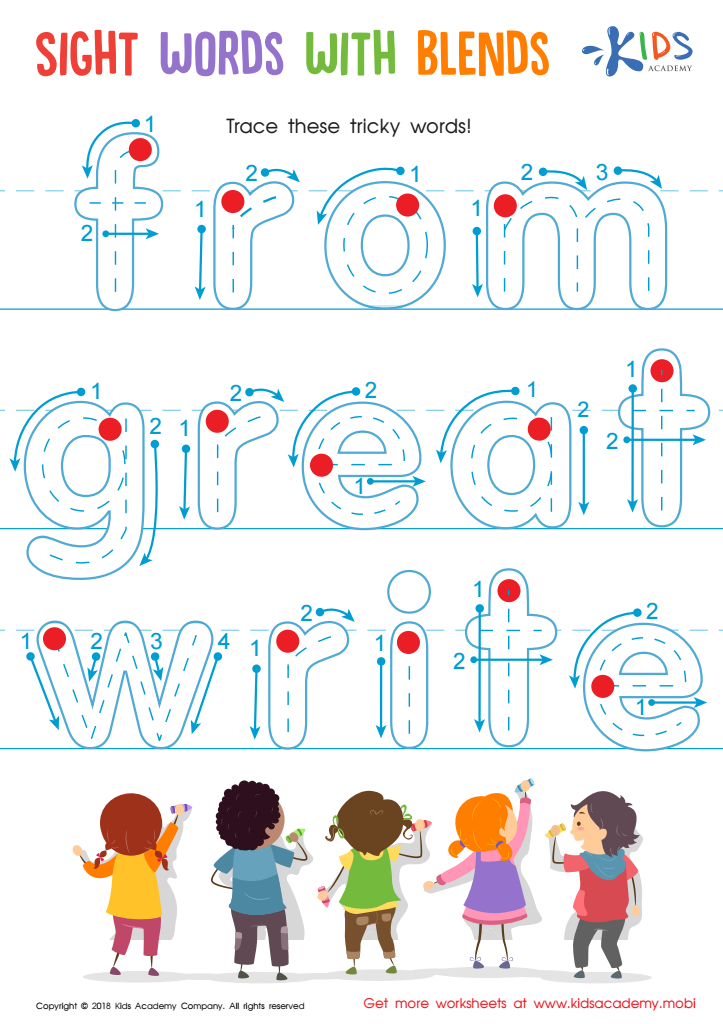

Sight Words with Blends Worksheet
Reading comprehension is a fundamental skill that serves as a cornerstone for all future learning, and it is particularly important to focus on children aged 3-6. During these early years, young minds are exceptionally receptive, making it an ideal period to instill strong reading habits. When parents and teachers prioritize reading comprehension using the normal alphabet, they are essentially laying down the building blocks for academic success.
Understanding text goes beyond decoding words; it involves grasping the meaning, answering questions about content, and connecting what they read to their own experiences. This skill is crucial for all subjects, including math, science, and social studies, because it enhances the ability to follow instructions, solve problems, and think critically.
By engaging children with regular alphabet books and stories, parents and teachers help develop vocabulary, language skills, and a love for reading that extends throughout their lives. Imagination and creativity are also fostered, encouraging youths to explore and understand the world around them.
Moreover, early reading skills are linked to better social-emotional development. Stories provide a medium through which kids learn about empathy, diverse cultures, and problem-solving. When reading comprehension is nurtured from a young age, it not only leads to academic proficiency but also promotes overall well-being and cognitive development. Ensuring that children grasp these skills from the outset is essential for their holistic growth.
 Assign to My Students
Assign to My Students




.jpg)







